Tag: election law
-
Alaska voters may decide on campaign finance and ranked-choice voting repeal ballot initiatives in 2026
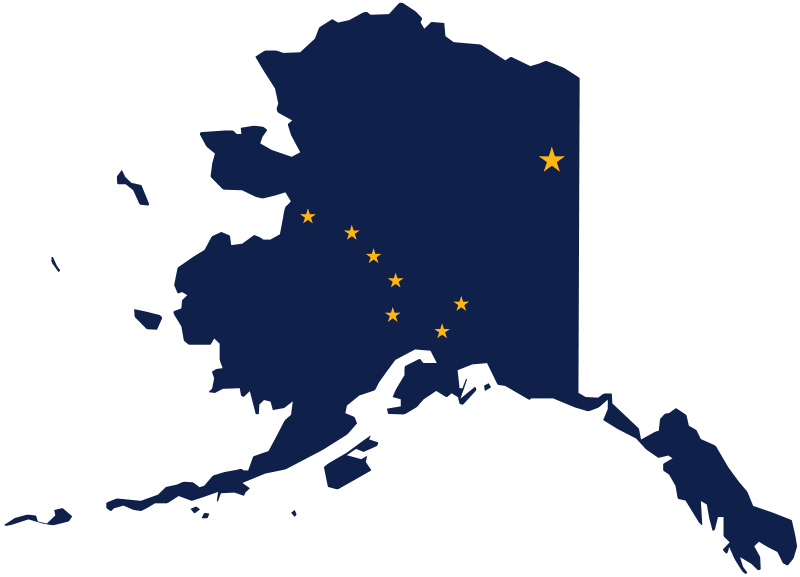
Alaska voters may decide on two citizen-initiated measures in 2026—one measure that would enact new campaign finance limits, and another that would repeal top-four ranked choice voting in the state. Both measures are citizen-initiated ballot measures, meaning they were proposed by citizens rather than the state legislature. In Alaska, citizens have the power to initiate…
-
Wisconsin voters to decide on adding voter photo ID requirement to state constitution on April 1

Wisconsin voters will decide on a constitutional amendment on April 1 to require photo identification to vote. A photo ID is already required by state law. The state legislature took the final vote on Jan. 14 to send the amendment to voters. Currently, 35 states require voters to present identification in order to vote at…
-
Arizona lawmakers implement a new deadline for certifying results, while Governor Katie Hobbs vetoes other changes
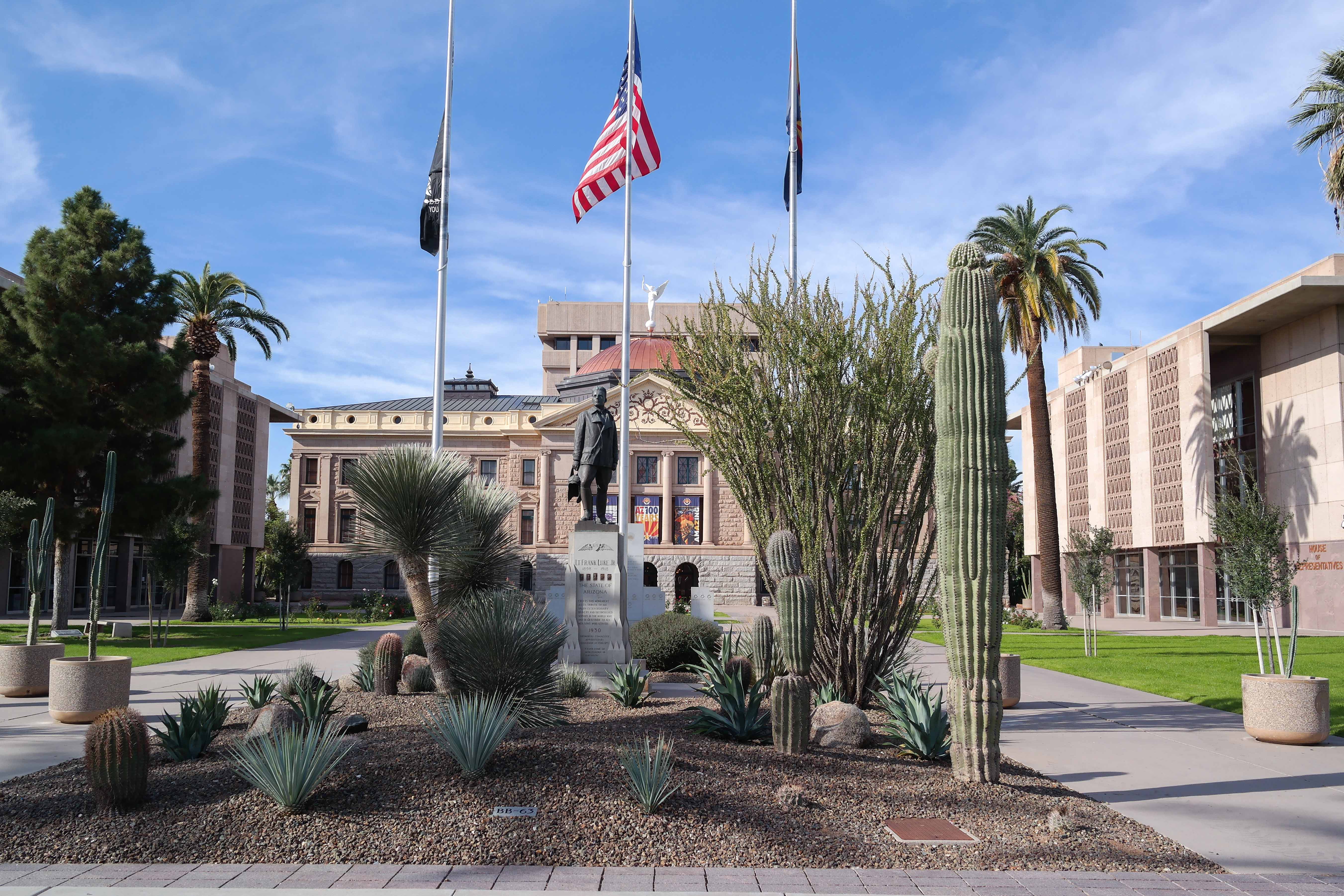
Arizona enacted 10 election-related bills in the first half of 2024, the second most of any state with a divided government. New laws change the deadline for certifying elections, modify rules for hand-counted post-election audits, and add new notification requirements if a voter’s registration is changed: HB 2785 moved up the statewide primary date by one week…
-
Republican states adopt more voter list maintenance bills than states with Democratic trifectas and divided governments

Fourteen states adopted new laws related to maintaining accurate voter registration rolls in the first half of 2024. Ten of these bills came from states with Republican trifectas, two from states with Democratic trifectas, and two from states with divided governments. New laws in five states expand data-sharing procedures or create new requirements for reviewing…
-
Republican legislators supported amendments to require citizenship to vote in state and local elections, Democratic support varied by state
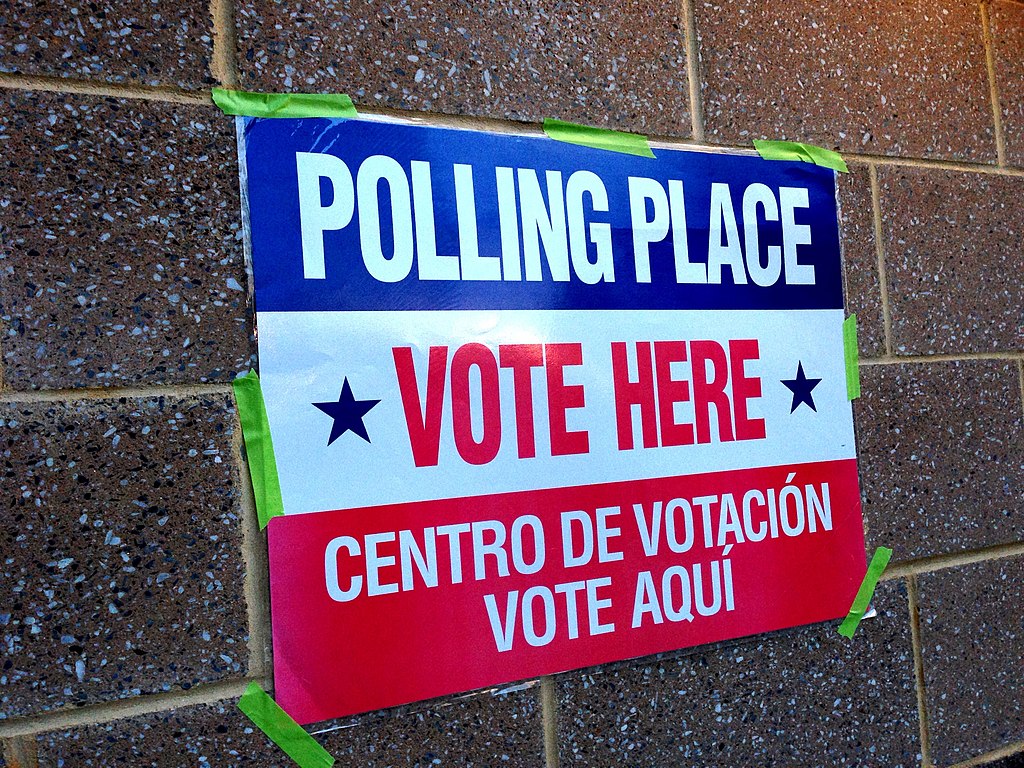
Since 2018, ballot measures to amend state constitutions to prohibit noncitizens from voting have appeared in six states. In Nov. 2024, voters in eight more states will decide on ballot measures to prohibit non-citizen voting: North Carolina, Idaho, Iowa, Kentucky, Missouri, Oklahoma, South Carolina, and Wisconsin. The ballot measures are designed to amend the states’…
-
New laws related to ranked-choice voting and youth voting among six new approved election bills in Colorado

Colorado lawmakers adopted six election-related bills during the 2024 regular session of the Colorado General Assembly. Included among the approved legislation was an omnibus bill that changed a number of areas of election law and created new requirements related to the adoption of ranked-choice voting (RCV), as well as bills related to voting in detention centers,…
-
More states banned ranked-choice voting in 2024 than any other year
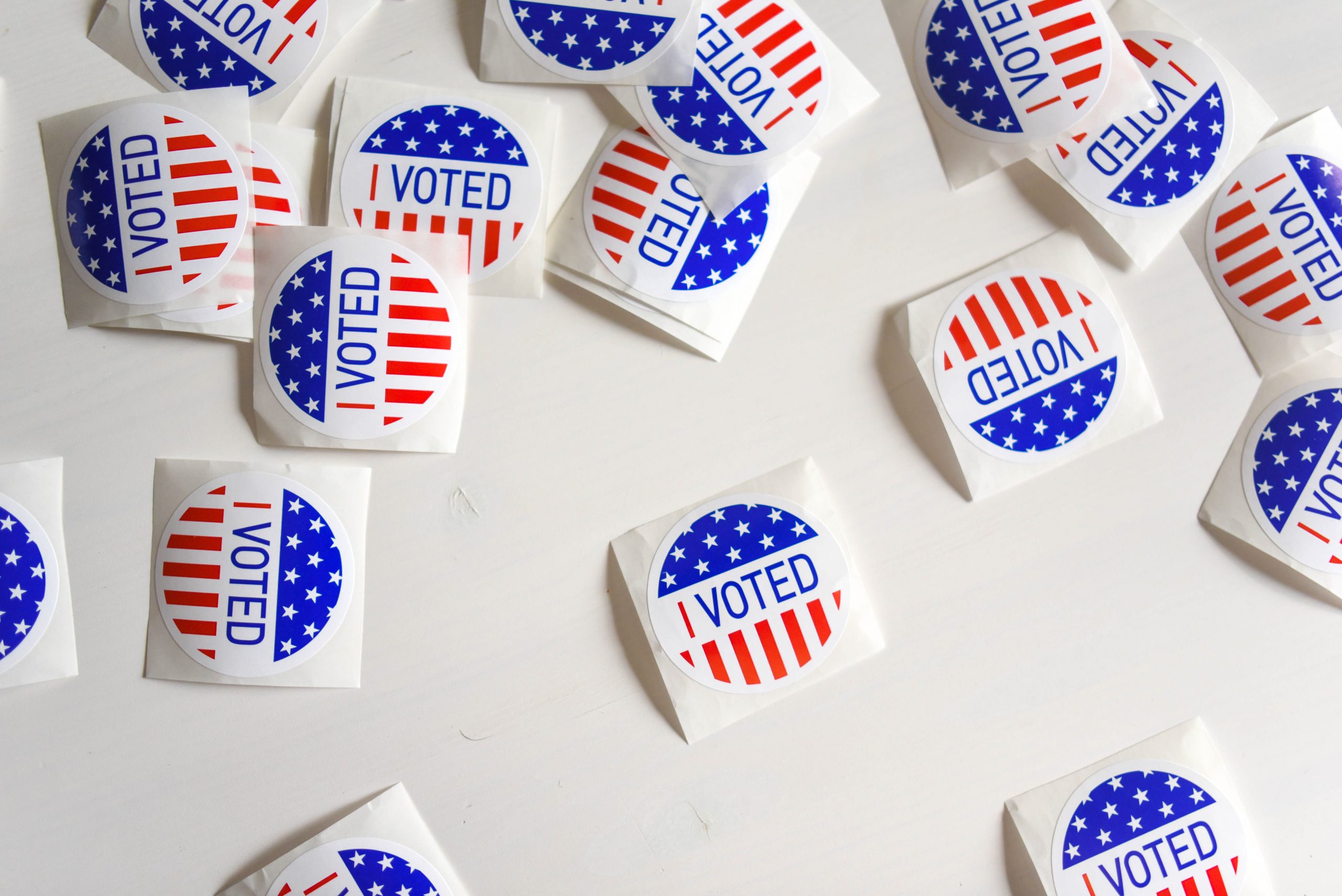
Five states–Alabama, Kentucky, Louisiana, Mississippi, and Oklahoma–passed laws banning the use of RCV in 2024, more than in any other year. No state had a law prohibiting the use of RCV before 2022 when Florida and Tennessee became the first states to adopt bans. Idaho, Montana, and South Dakota joined them in 2023. Republicans controlled the legislature in all…
-
Two states with Republican trifectas adopted new requirements for voter registration drives
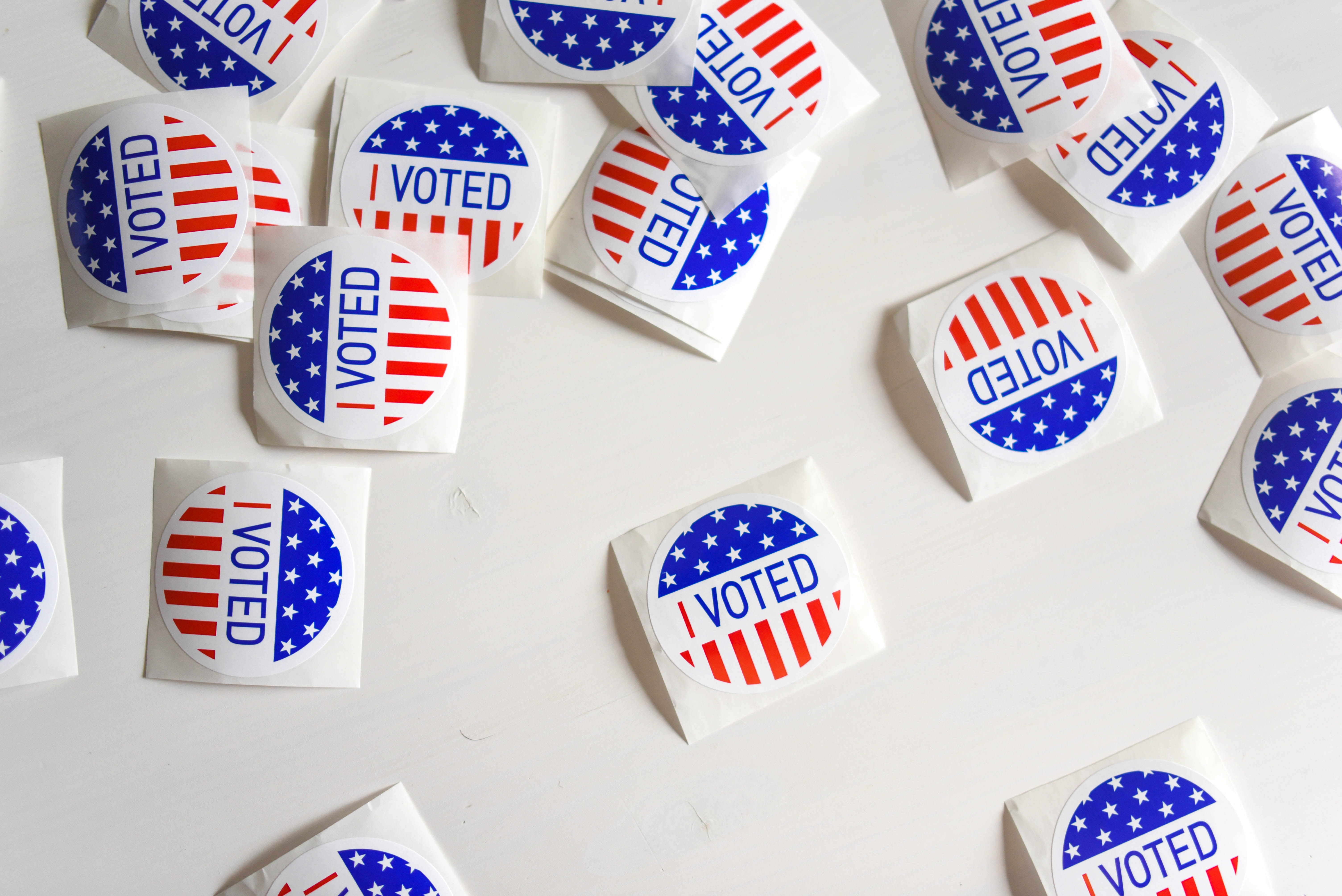
Tennessee and Louisiana joined a group of six other states with Republican trifectas that have adopted laws related to voter registration drives or third-party assistance for voter registration applications since 2020. In Tennessee, Gov. Bill Lee (R) signed HB 1955 / SB 2586 on May 1, prohibiting the pre-filling of information on a voter registration…
-
Six states passed laws related to the restoration of voting rights for felons or voting by incarcerated individuals

Six states adopted new laws related to voting by individuals convicted of a felony or voting by incarcerated individuals, including two states with Republican trifectas that passed bills to restore voting rights to certain individuals convicted of a felony more quickly. In Oklahoma, Gov. Kevin Stitt (R) signed HB 1629 on May 13, restoring voting rights to people convicted…
-
Governor Glenn Youngkin (R) vetoed most election bills of any governor in the first half of 2024
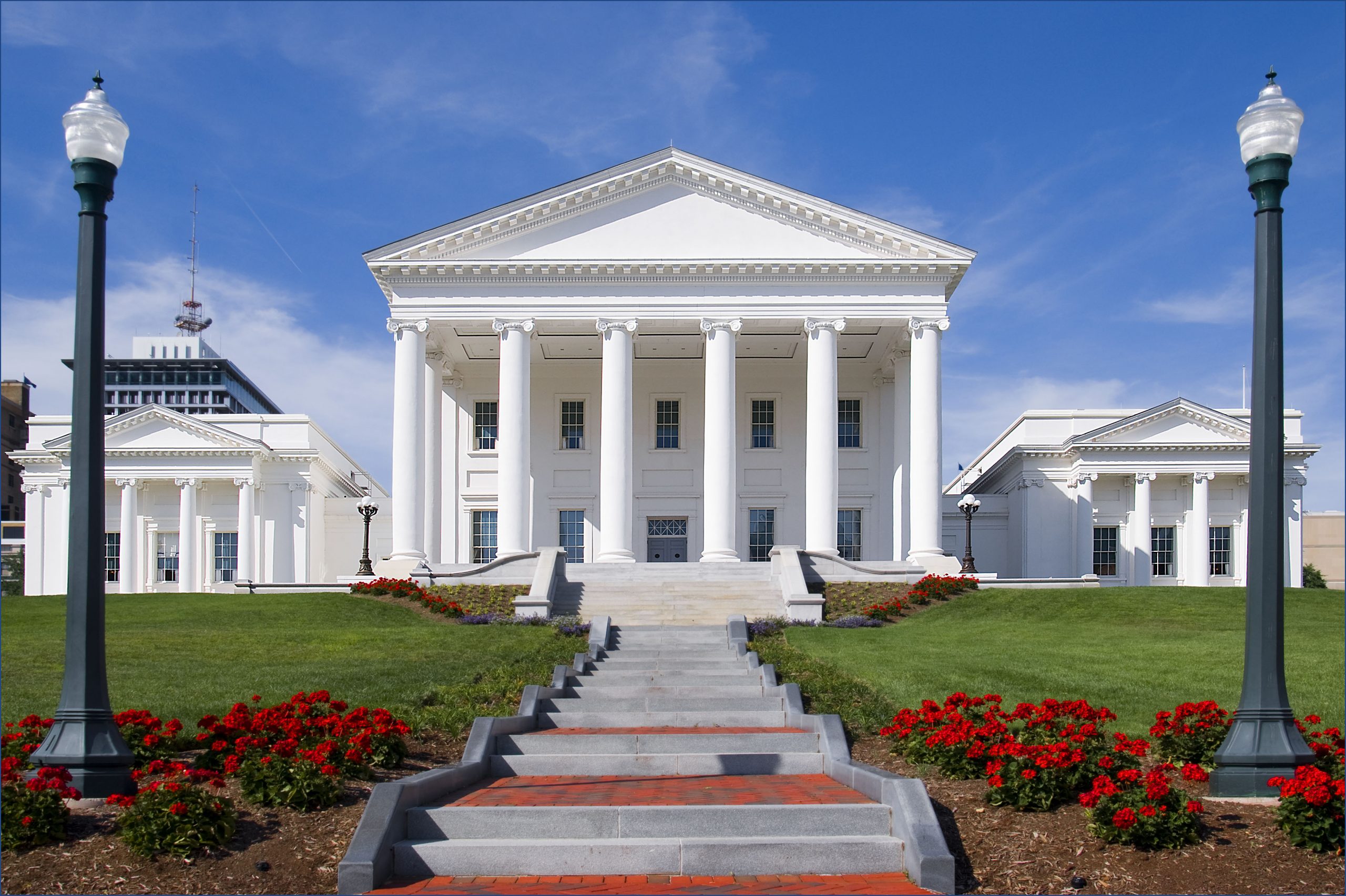
Thirty-eight bills related to elections passed both chambers of the Virginia General Assembly in the first half of 2024. Gov. Glenn Youngkin (R) vetoed 13 of these, the most vetoes of election-related legislation by any governor during the period. Despite the vetoes, the 25 new laws related to elections adopted this year are the most of any state with a divided…

